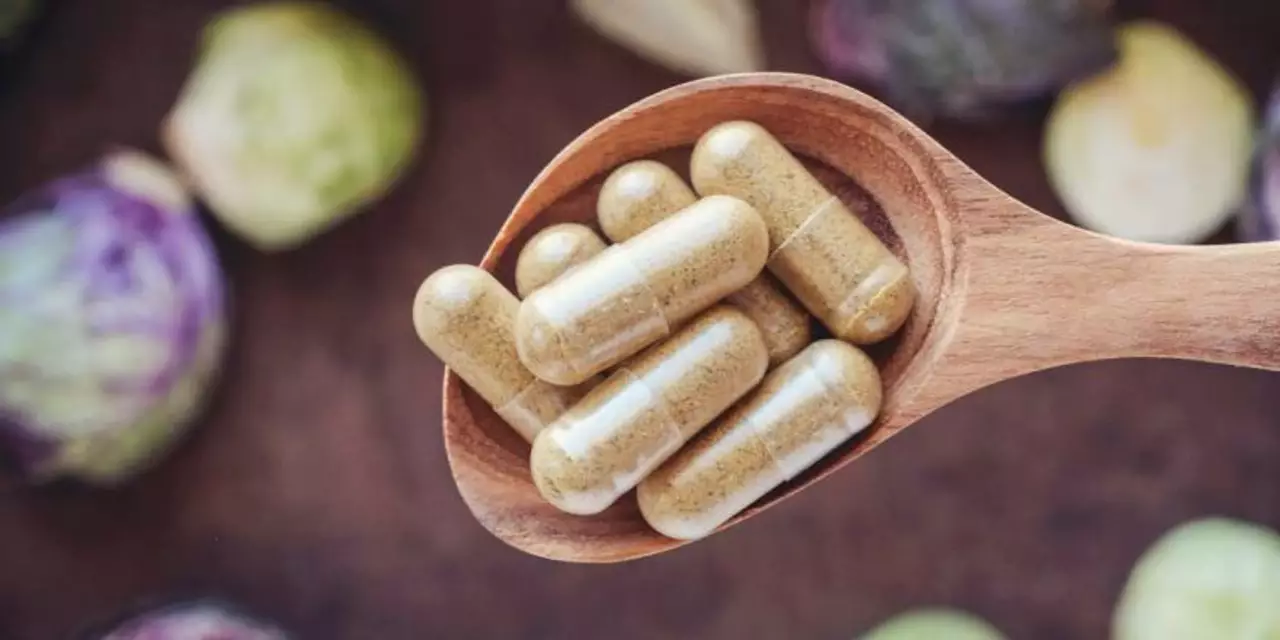Coriander – Uses, Benefits & How to Grow
Got a bunch of coriander sitting on your kitchen counter? You can do more than sprinkle it on tacos. This herb packs flavor, nutrition and even a bit of garden magic if you decide to grow it yourself.
Health Benefits of Coriander
Coriander leaves are low‑calorie but rich in vitamins A, C and K, plus minerals like potassium and magnesium. Those nutrients help support immune function, keep blood pressure steady and aid digestion. The seeds contain antioxidants that may lower inflammation, which is why some people add them to tea for a soothing boost.
Research shows coriander oil can have mild antimicrobial effects. That means it might help keep certain bacteria in check when you use the fresh herb in salads or sauces. It’s not a cure‑all, but swapping out heavy dressings for a cilantro‑lime mix can make meals lighter and still tasty.
Cooking Tips & Storage
When you’re ready to cook, rinse coriander quickly and pat dry – excess water makes it soggy. Use the leaves whole or chopped; they lose their bright flavor if you crush them too early, so add at the end of cooking.
The stems are surprisingly tasty too. Slice them thinly and toss into stir‑fries or soups for an extra crunch. For a quick salsa, combine diced tomatoes, onion, jalapeño, lime juice and a generous handful of chopped coriander.
Store fresh cilantro in the fridge by placing stems in a jar with water and covering loosely with a plastic bag. It can stay crisp for up to two weeks. If you have more than you need, chop and freeze it in ice‑cube trays with a splash of olive oil – perfect for dropping into sauces later.
If you prefer growing your own, coriander loves cool weather. Sow seeds directly in soil about ¼ inch deep, keep the ground moist, and thin seedlings to a few inches apart. Harvest leaves once they’re 4‑6 inches tall; regular cutting encourages new growth.
Watch out for bolting – when the plant sends up flower stalks, the flavor turns bitter. If you notice that, snip off the tops quickly and use them in teas or as a spice. You can also sow another batch every few weeks to keep a steady supply.
Whether you’re adding a fresh burst to guacamole or brewing a calming tea, coriander is a versatile herb worth keeping handy. Its easy care and health perks make it a win‑win for any kitchen garden or pantry.
I've recently discovered the amazing benefits of coriander, which is quickly becoming my new secret weapon in the dietary supplement world. Coriander is not only a tasty herb to add to meals but also packed with numerous health benefits, such as improving digestion, reducing inflammation, and lowering blood sugar levels. As a blogger, I'm always on the lookout for natural and effective additions to my daily routine, and coriander has definitely made the cut. If you haven't tried incorporating coriander into your diet, I highly recommend giving it a go. Trust me, your body will thank you for embracing the power of this fantastic little herb!

